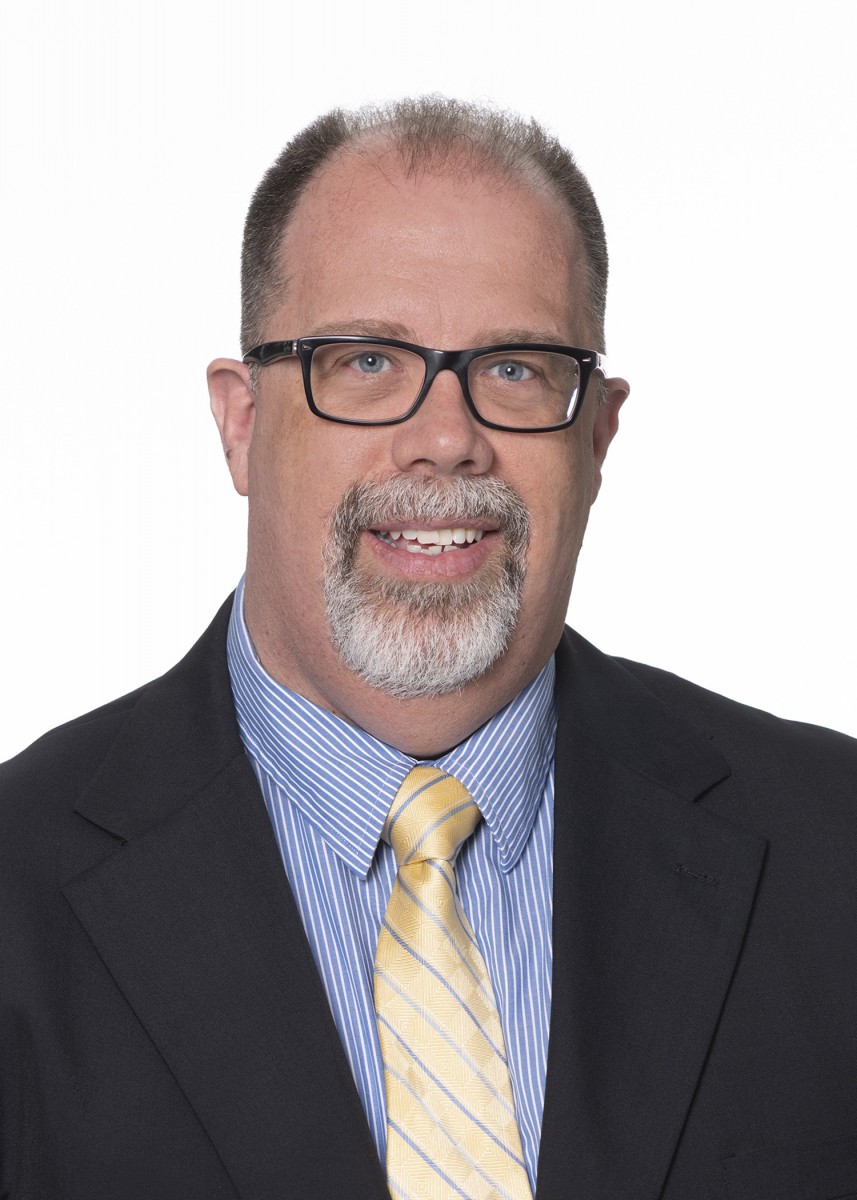"Shark Tank" approach to funding research raises $1.4M
Children’s Mercy Kansas City has raised $1.4M to support 14 research projects through an innovative “Shark Tank” approach with a group called Mercy Research Partners. Each year, through an application and scientific committee review, researchers are selected to pitch their projects to the Mercy Research Partners members at a Pitch Party. The members then vote to select projects to fund each year.
“We are excited to see research and the potential for innovation come to fruition locally, as well as the ability to have a hand in it. We look forward to providing researchers an alternative outlet for funding for future endeavors together!” – Tim and Elizabeth Chilcote, Mercy Research Partners donors
During the event on June 9, six researchers pitched their projects with the hopes of receiving funding. At the end of the evening, the Members voted to select four research projects to receive funding from their 2022 investment pool of nearly $630,000.
“It was such a privilege to take part in this funding process. The four winning projects will change lives, we have no doubt.” – Marc Radasky and Cary Randolph Fuller, Mercy Research Partners donors
This innovative model allows donors to connect with and fund research in a new way and brings Children’s Mercy researchers face-to-face with potential funders for coaching and investment.
Congratulations to this year’s winning pitches:

Todd Bradley, PhD – Immunogenomics
Respiratory syncytial virus (RSV) infections in children under 5 years old leads to 2.1 million doctor visits, and 58,000 kids are hospitalized as a result of severe disease each year in the United States. Unfortunately, RSV causes 100-500 deaths in children under the age of 5-years-old each year. There is no current vaccine to prevent RSV infection approved for use, and there are no targeted antivirals for use during RSV infection. Dr. Bradley is harnessing the antiviral power of breast milk and mRNA technology to develop RSV therapeutics for children and adults which will not only save lives, but lower costs associated with long hospital stays.

 Susana Chavez-Bueno, MD - Infectious Diseases and Rachel, Gastroenterology
Susana Chavez-Bueno, MD - Infectious Diseases and Rachel, Gastroenterology
Countless newborn babies across the globe suffer from blood stream infections that place their lives at risk. The pathogens that cause these infections typically reach the baby through the genital tract of the mothers. There are currently few options to prevent these infections; however, Dr. Chavez-Bueno and Dr. Chevalier believe they have discovered a new therapeutic strategy to help prevent infections with a common bacterium responsible for these infections, Escherichia coli.

Emily Farrow, PhD, CGC – Genomic Medicine Center
One of the most common conditions in infancy, congenital hypotonia, occurs in 0.8/1,000 births and yet presents substantial testing challenges in newborns. Hypotonia itself is a non-specific finding and may be due to numerous underlying conditions, including metabolic, endocrine, genetic, acute illness, or hypoxic ischemic encephalopathy, complicating a timely diagnosis. Dr. Farrow and her team have established diagnostic signatures for some of the most challenging DNA variants causing hypotonia to improve diagnoses for families.

Jay Vivian, PhD – Clinical Genetics
Vici Syndrome is a devastating genetic disorder that often robs children from making it to their 5th birthday. At present, there are no treatment options for these children. A team led by Dr. Vivian is studying the effectiveness of drugs identified in his lab, in the hopes of accelerating the identification of treatment options for children with Vici syndrome and other deadly rare diseases.
